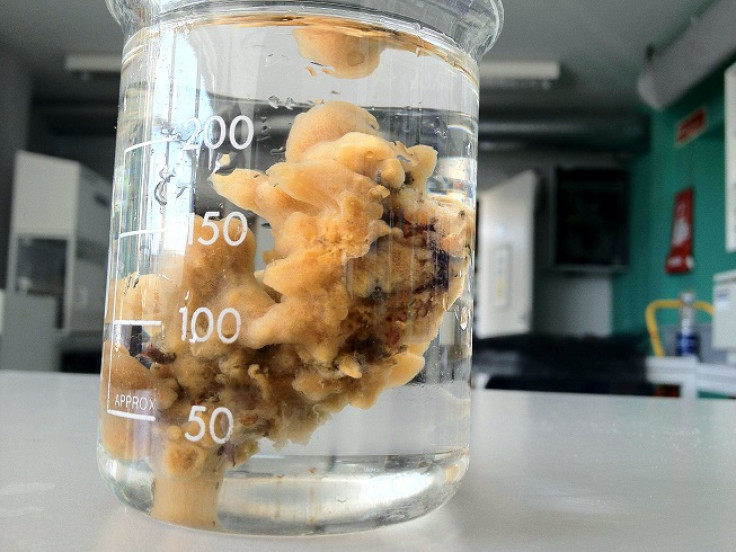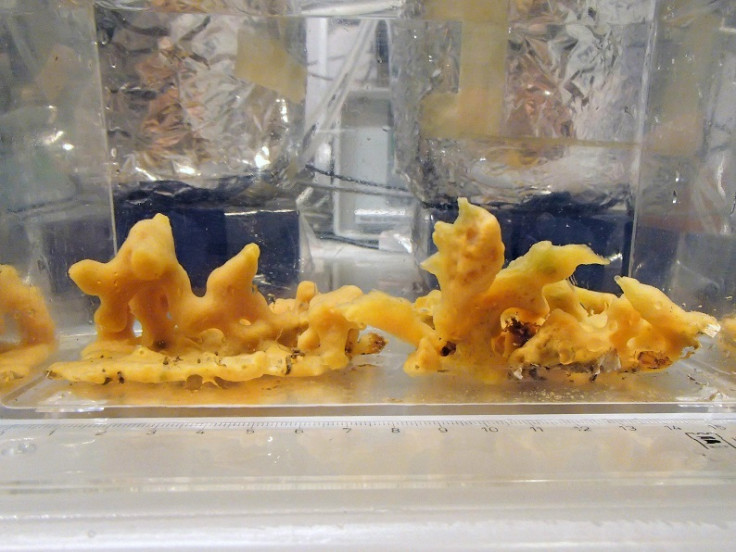Sea Sponge Defies Theory of Evolution By Thriving Without Oxygen

A long held theory about the development of complex life on Earth has been challenged by a small sea sponge fished out of a fjord in Denmark.
Experts at the Nordic Centre for Earth Evolution at the University of Southern Denmark believe this tiny animal challenges one of science's strongest dogmas - that complex life on our planet could only evolve after oxygen levels had risen to near modern levels.
Previously, the scientific community generally agreed complex life evolved because atmospheric levels of oxygen rose around 635 million years ago.
However, studies on a common sea sponge from the Kerteminde Fjord in Denmark show this is not necessarily the case, as they can live an grow with extremely limited amounts of oxygen.
Researcher Daniel Mills said: "Our studies suggest that the origin of animals was not prevented by low oxygen levels."

The team said that most scientists believe complex life evolved with rising oxygen levels because the two events coincided, meaning it "seemed obvious to link the two events". However, Mills noted no one has ever actually tested how much oxygen animals need, so they decided to find out.
The team chose sea sponges because they say they most closely resemble the first animals on Earth.
"When we placed the sponges in our lab, they continued to breathe and grow even when the oxygen levels reached 0.5% of present day atmospheric levels," he said.
The researchers say their findings raise more questions than they answer.
So, if oxygen did not lead to evolution, then what did?
Previously, scientists had also found oxygen levels rose dramatically on Earth at least once before complex life evolved.
"There must have been other ecological and evolutionary mechanisms at play," Mills said. "Maybe life remained microbial for so long because it took a while to develop the biological machinery required to construct an animal. Perhaps the ancient Earth lacked animals because complex, many-celled bodies are simply hard to evolve."
© Copyright IBTimes 2024. All rights reserved.







